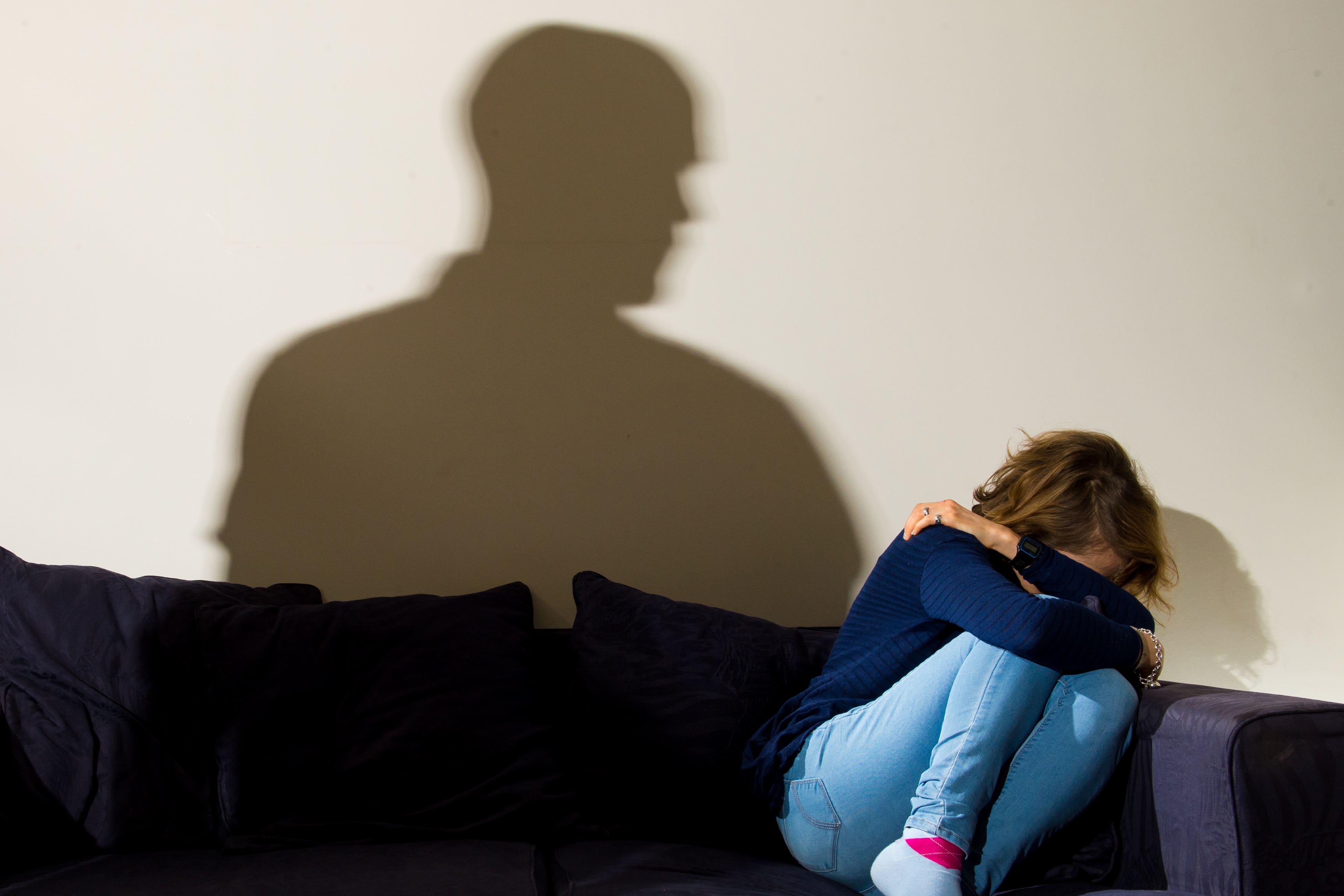Domestic abuse victims are three times more likely to try kill themselves, new study finds
One in four women will suffer domestic abuse at some point during their lives

Women who are domestic abuse victims are three times more likely to try to kill themselves, a new study has found.
Researchers also found women who have been subjected to sexual abuse by a partner are seven times more likely to try and kill themselves.
The report by Agenda Alliance, a charity that campaigns for women and girls at risk, was based on polling of 7,000 people.
It also discovered that women in poverty were more likely to be subjected to domestic abuse.
Sara, a domestic abuse victim, told researchers: “My partner was hitting and abusing me. He used to chase me with knives. It was terrible.
“I tried to take my own life on a couple of occasions. We were in a hostel at the time so I couldn’t really confide in anybody. It was an awful situation and I didn’t think I could get out of it. My family had totally disowned me, I had no friends - nobody.”
Jess Southgate, deputy chief executive of Agenda Alliance, called for all professionals working in public services to be trained to offer victims support.
She said: “It is shameful that the clear link between domestic abuse and suicidal feelings amongst women has not previously been recognised as the public health crisis that it is.”
The report was based on polling of 7,000 individuals who are over 16 from the 2014 Adult Psychiatric Morbidity Survey, which examines the rates of mental health issues and distress in England and is the most recent data set available.
Sally McManus, senior lecturer in health at the Violence and Society Centre at City, University of London, said the new research exposes “a crucial but neglected topic” which demonstrates “when a woman presents to services in suicidal distress it is likely that she’s a victim of domestic abuse”.
She added: “Professionals working in Job Centres, housing associations and other welfare services have frequent contact with women facing financial stress and debt.
“It’s vital that welfare professionals, as well as those working in health and social care, recognise the very high rates of domestic abuse experienced by such women, and are aware of the extent to which their distress can manifest in self-harm and suicidality.”
Between two and three women are murdered each week by their partners or ex-partners in England and Wales. One in four women will suffer domestic abuse at some point during their lives.
‘Begging for support’
“Jessie felt that she had no escape from the domestic abuse that she was suffering and this had a terrible impact on her mental health,” a mother whose daughter killed herself, said.
Jessica Laverack was discovered dead at her home in East Yorkshire in February 2018 after recently relocating to the area to flee a “violent and abusive" partner, an inquest into the 34-year-old’s death in Beverley heard.
Hull and East Riding area coroner Lorraine Harris, who investigated Ms Laverack’s death, said she had a history of domestic abuse and self-harm, and called for the connection between domestic abuse and suicide to be adequately acknowledged.
Ms Laverack’s mother, Phyllis Daly, said: "The failure of agencies to provide her with appropriate joined-up care also impacted on her mental health and led her to feel that there was no way out.
“Jessie had a right to feel protected and stay safe. We lost count of the times that we went to agencies to beg for support for Jessie. We need professionals to comprehend the link between domestic abuse and suicide and to understand the importance of proper information sharing and cooperative working."
Anyone who requires help or support can contact the National Domestic Abuse Helpline which is open 24/7 365 days per year on 0808 2000 247 or via their website www.nationaldahelpline.org.uk/
If you are experiencing feelings of distress, or are struggling to cope, you can speak to the Samaritans, in confidence, on 116 123 (UK and ROI), email jo@samaritans.org, or visit the Samaritans website to find details of your nearest branch.
Subscribe to Independent Premium to bookmark this article
Want to bookmark your favourite articles and stories to read or reference later? Start your Independent Premium subscription today.

Join our commenting forum
Join thought-provoking conversations, follow other Independent readers and see their replies